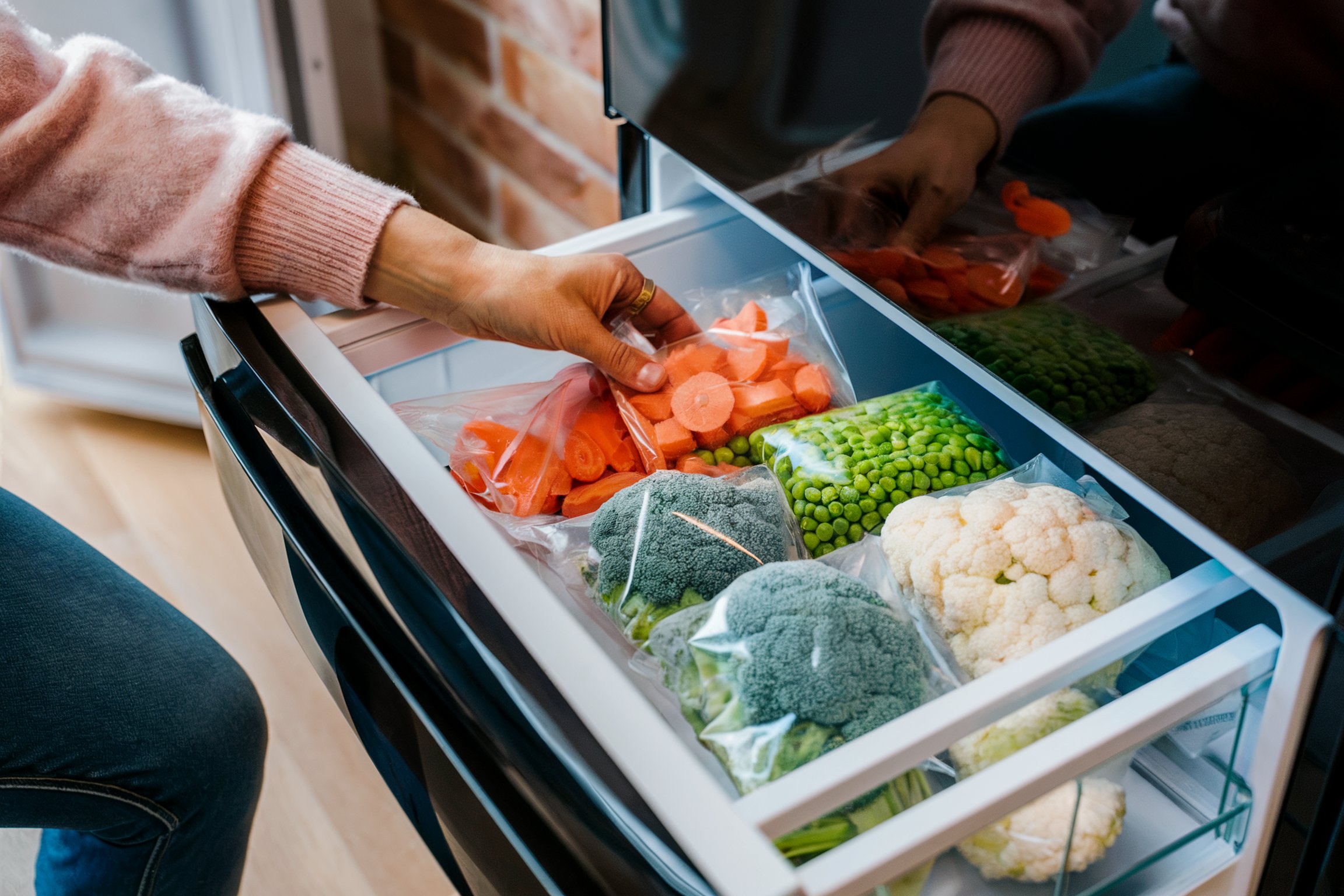
Fresh vs. Frozen: The Great Vegetable Debate.
Vegetables are undeniably vital to a healthy diet, packed with essential nutrients, fiber, and antioxidants. Yet, the reality is stark: most of us aren’t consuming enough. With the daily recommendation hovering around 2.5 to 3 cups for adults, and less than 10% of the population meeting this goal, it’s clear we have room for improvement.A common misconception is that frozen vegetables are inferior to their fresh counterparts. This simply isn’t the case. In fact, frozen vegetables often hold their own, and sometimes even surpass, the nutritional value of fresh produce found in supermarkets.
The Case for Frozen Vegetables
One of the biggest advantages of frozen vegetables is their peak ripeness. Unlike fresh produce, which is often harvested prematurely for transportation, frozen vegetables are typically processed at the height of their nutritional content. This means they can be a concentrated source of vitamins and minerals.
While the blanching process used in freezing does lead to some nutrient loss, particularly water-soluble vitamins like vitamin C and B vitamins, the subsequent flash-freezing locks in much of the nutritional value. Surprisingly, studies have shown negligible differences in vitamin content between frozen and fresh vegetables.
Beyond nutrition, frozen vegetables offer practical benefits. They are often more affordable than fresh produce, making them an accessible option for budget-conscious consumers. Additionally, their extended shelf life reduces food waste, a significant environmental and economic issue.
When Fresh is Best
Undeniably, there’s a certain charm to fresh, in-season produce. The taste, texture, and overall sensory experience can be superior. However, it’s essential to consider that the nutritional value of fresh produce can decline over time, especially if it’s not stored properly or transported long distances.
Fresh vegetables shine when eaten raw in salads or as crudités. Their crisp texture and vibrant flavors are difficult to replicate with frozen options.
Cooking with Frozen Vegetables
Frozen vegetables are incredibly versatile. They can be sautéed, steamed, roasted, or even grilled. A general rule of thumb is to add a few extra minutes to cooking times compared to fresh vegetables. For optimal flavor, consider adding herbs and spices to enhance their taste.
The Verdict
Both fresh and frozen vegetables offer valuable nutritional benefits. The key is to incorporate a variety of both into your diet. When fresh produce is in season and locally available, take advantage of its superior taste and potential nutritional edge. During the colder months or when fresh options are limited, frozen vegetables provide a convenient and nutrient-packed alternative.
Ultimately, the most important factor is to increase your overall vegetable consumption. Whether you choose fresh or frozen, any step towards meeting your daily vegetable intake is a positive one.
By understanding the pros and cons of each option, you can make informed choices that support your health and well-being.


